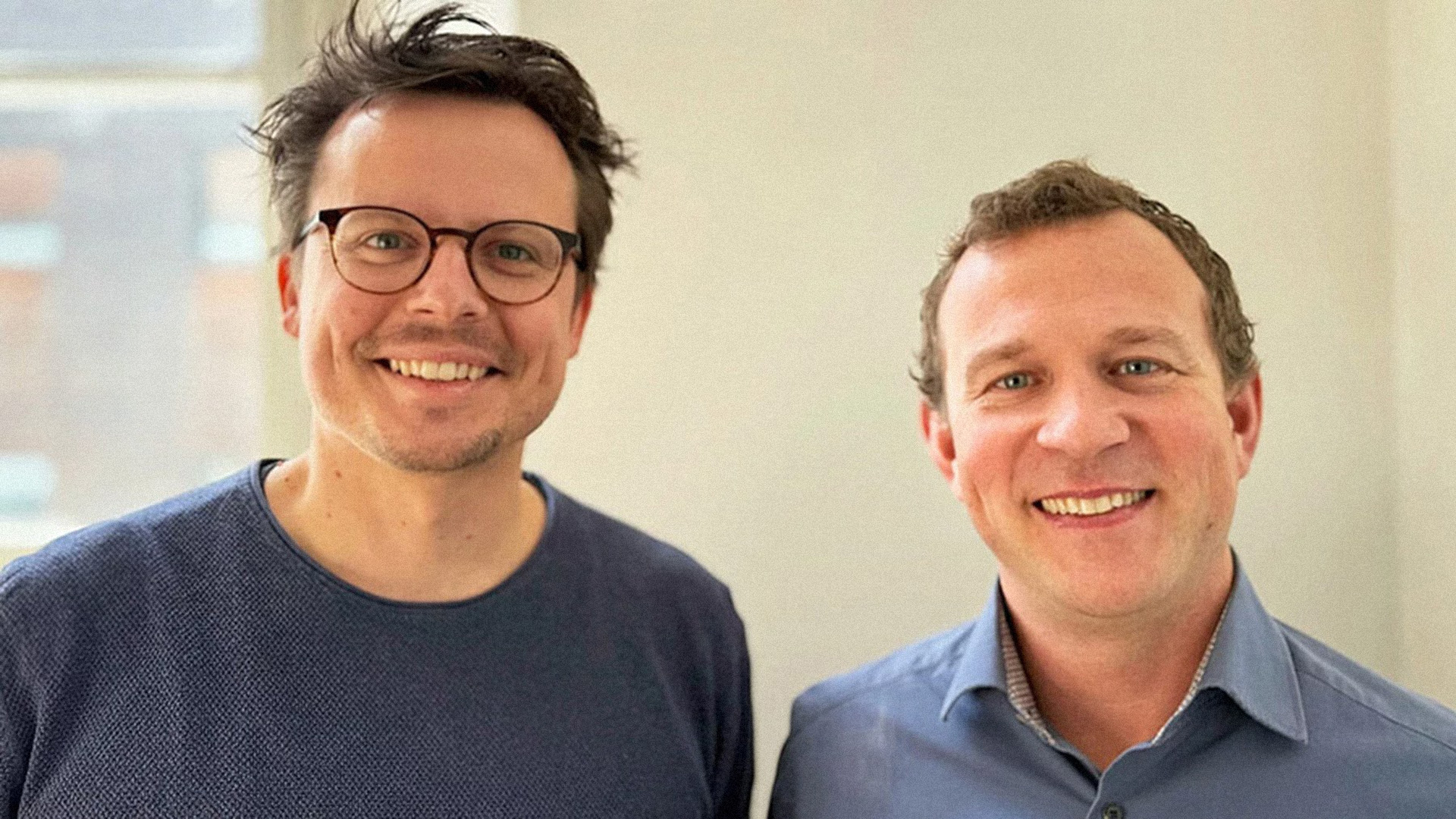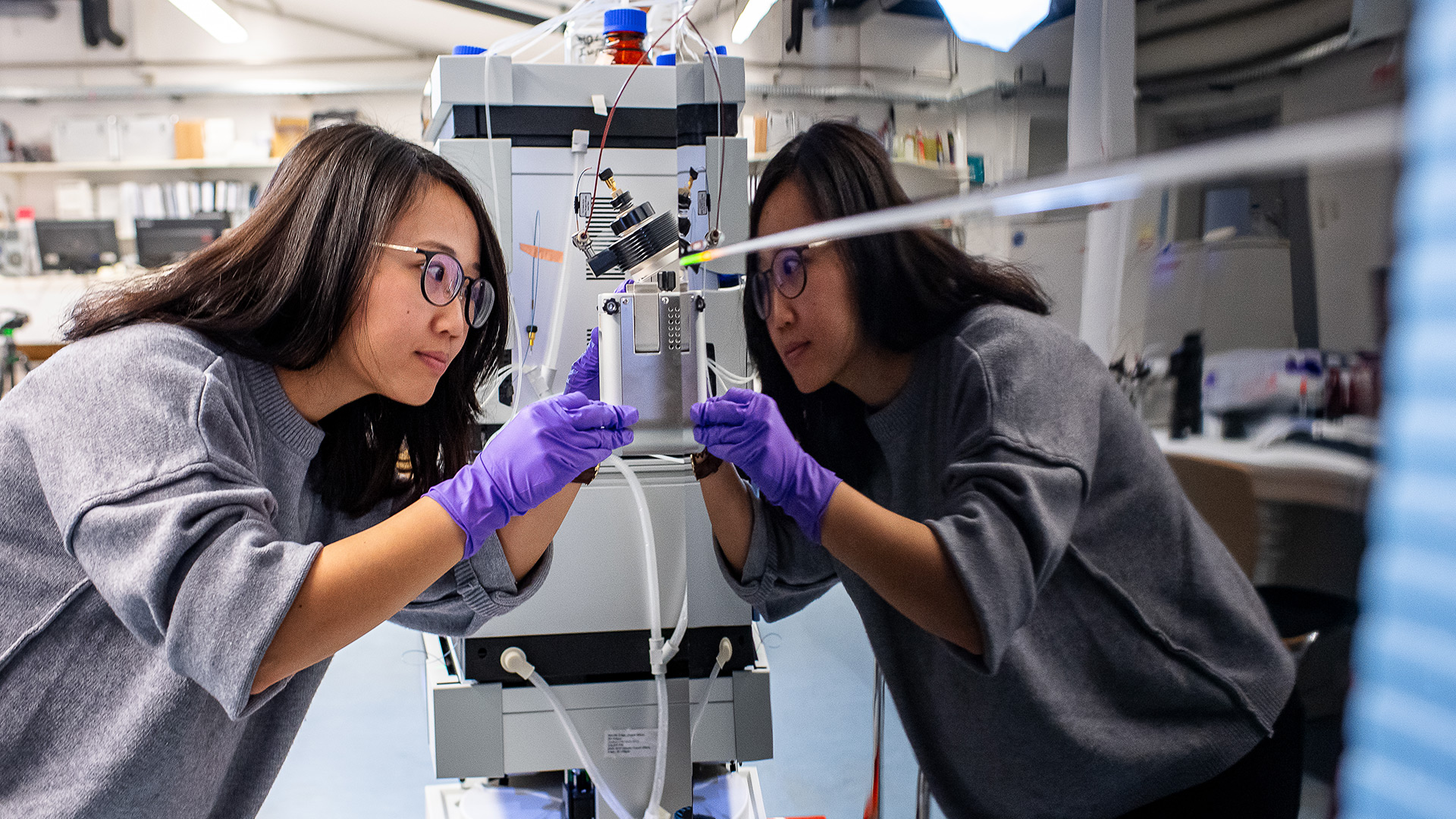The basic idea is not to train a neural network with predetermined solutions (supervised learning) or rewards (reinforcement learning), but to let the network gradually improve itself in an iterative process with its own predictions. At the beginning, the neural network is untrained. By continuously generating its own solutions and considering these solutions as ‘expert knowledge’, it learns to improve itself step by step. The paper ‘Self-Improvement for Neural Combinatorial Optimization’ was published in June 2024 in the journal ‘Transactions on Machine Learning Research’ and was awarded a featured certificate for publications of the highest quality.
The most recent paper, ‘Take a Step and Reconsider: Sequence Decoding for Self-Improved Neural Combinatorial Optimisation’, focuses on improving the strategy for generating candidate solutions using the neural network. The solutions are refined by repeated sampling (drawing without replacement). This forces the network to consider solutions that have not yet been examined, resulting in greater diversity. From each good solution, only a part is adopted (‘take a step’) before further, as-yet-unexamined alternatives are investigated (‘reconsider’). This approach is universal, fast and scalable. At the same time, it guarantees a high quality and diversity of solutions.
Existing approaches outperformed
The authors were able to show, based on experimental results for well-known benchmark problems such as the Travelling Salesman Problem, the Capacitated Vehicle Routing Problem and the Job Shop Scheduling Problem, that the new method not only matches the performance of existing approaches, but also outperforms the current best methods in critical scheduling benchmarks. The new method was accepted as a publication at the European Conference on Artificial Intelligence (ECAI).
Research in the GrimmLab
Both theses were written at the Professorship Bioinformatics (GrimmLab) at the Weihenstephan-Triesdorf University of Applied Sciences (HSWT) at the TUM Campus Straubing under the direction of Prof. Dr. Dominik Grimm. Jonathan Pirnay will present the results of this work to international experts in the field of artificial intelligence in Santiago de Compostela, Spain, in mid-October.
Funding and support
The research work was funded by the German Research Foundation (DFG) as part of the special programme SPP 2331. The project's AI infrastructure AI4Life was used to develop the new methods, which was funded by the project management agency VDI and the funding agency BMBF. The Competence Centre for Digital Agriculture (KoDA) at the Weihenstephan-Triesdorf University of Applied Sciences (HSWT) supports researchers in providing this infrastructure. Among other things, the inauguration of the AI server from CANCOM took place there in September 2024.

